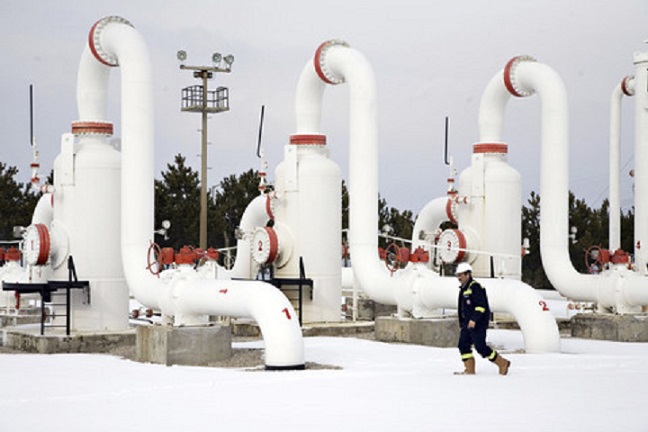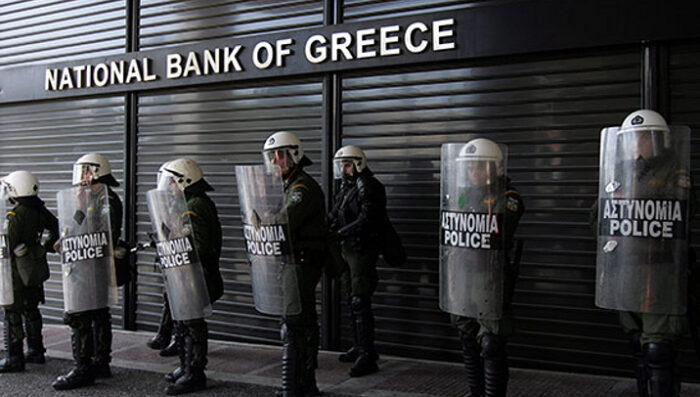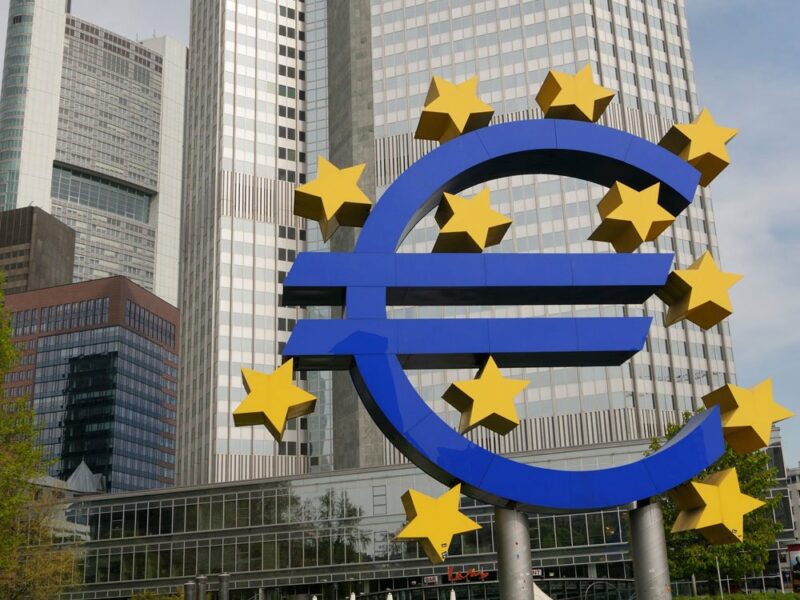Energy costs in Europe are over and over breaking records even before winter truly kicks in, and one of the most harming cost crunches in history is going to deteriorate as the temperature begins to drop.
The circumstance is now so critical this from the get-go in the colder time of year season due to a rankling rally in petroleum gas costs. Stores of the fuel, used to warm homes and to create power, are lower than expected and are being exhausted rapidly. Examiners have cautioned that gas stores could drop to zero this colder time of year assuming chilly climate helps request.
France is likewise a vital exporter of power to adjoining nations, implying that the impacts of an emergency would resonate in Germany, Spain, Italy and Britain. Most extreme interest is relied upon to be 80.7 gigawatts on Monday, still some way in private 102 gigawatts from February 2012.
Intentional power outages are plausible, cautioned Jeremy Weir, CEO of Trafigura Group, a Swiss ware exchanging house on Nov. 16.
“Assuming that the climate gets cold in Europe there won’t be a simple stock arrangement, it will require an interest arrangement,” said Adam Lewis, accomplice at exchanging house Hartree Partners LP.
“On the off chance that there’s a profound chilly front and there’s no wind, things could turn out to be tight given the lesser accessibility of atomic plants and the new conclusion of dispatchable age resources utilizing coal,” said Nicolas Goldberg, a ranking director accountable for energy at Colombus Consulting in Paris. “In case it’s getting truly cold and there’s no wind, it might turn into an issue.”
Power costs there are the most elevated beginning around 2012 as a virus shoot creeps into France and is relied upon to grab hold by Monday when workday request begins to rise.
France, Europe’s second greatest economy, is especially in danger. The chance of a chill in January and February is causing worry for the country’s matrix administrator. Accessibility at atomic stations, the workhorse of the French power framework, is low after the pandemic postponed the upkeep of certain reactors, as per a report on Nov. 22.
The hotly anticipated beginning of the Nord Stream 2 pipeline to Germany from Russia would facilitate the landmass’ energy crunch. The task is done, yet has run into administrative obstacles and it’s muddled when streams will begin.
Qatar, the world’s greatest exporter of condensed petroleum gas, says it’s as of now delivering gas at full limit. The Gulf country, which has low creation costs because of a bounty of simple to-separate fuel, has requested six more LNG ships from South Korea on top of four big haulers bought from China in October.
Assuming things get genuinely awful, nations could turn to checking deals of petroleum gas to different locales. A significantly more outrageous situation could see them end streams of gas and capacity to each other, starting political sharpness and hitting economies.
“It shows how uncovered Europe’s power framework is to the instability in product costs,” said Roenningen in Oslo. “For the time being, there’s not a ton that should be possible.”
Disclaimer: The views, suggestions, and opinions expressed here are the sole responsibility of the experts. No journalist was involved in the writing and production of this article.




